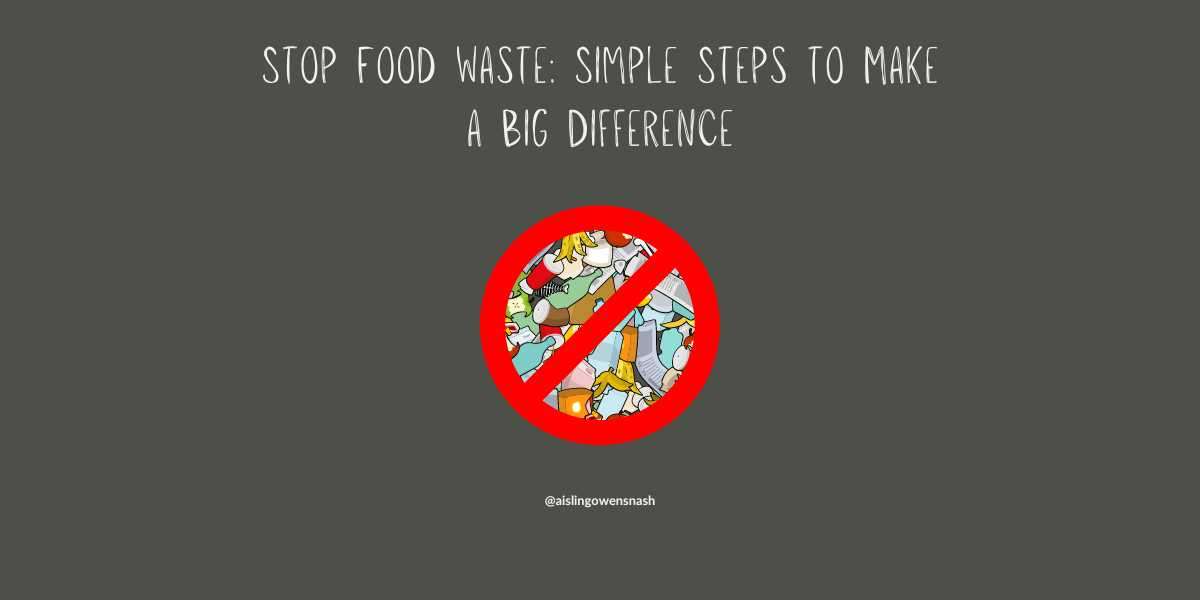Stop Food Waste: Simple Steps to Make a Big Difference
Every year, billions of euros of food are wasted globally—a staggering fact that affects our environment, economy, and communities. But what can we, as individuals, do about it?
What is Food Waste?
Food waste includes any edible food that is discarded or left to spoil from households, restaurants, supermarkets, and factories. Shockingly, approximately one-third of all food produced globally for human consumption is lost or wasted, which amounts to about 1.3 billion tonnes annually (source: FAO).
The Environmental Impact of Food Waste
When we waste food, we also waste all the resources used for growing, harvesting, transporting, and packaging it. Food waste is responsible for roughly 8% of global greenhouse gas emissions. Moreover, if food waste were a country, it would be the third-largest emitter of greenhouse gases after the USA and China (source: FAO). This waste also uses about 25% of all freshwater used by agriculture.
Practical Tips to Reduce Food Waste at Home:
- Plan Your Meals: Plan your weekly meals and shop accordingly to avoid impulse buys that often lead to waste.
- Proper Storage: Store fruits and vegetables properly to extend their freshness. For instance, keep potatoes in the dark and onions in a cool, ventilated area.
- Love Your Leftovers: Be creative with leftovers. Turn yesterday’s roast chicken into a savoury soup or a chicken salad for lunch.
Community Actions to Combat Food Waste:
Communities can organise local food-sharing events or set up platforms for distributing excess food to those in need. Composting programs can also turn food waste into valuable organic matter that can enrich soil instead of heading to landfills.
Technology is playing a crucial role in reducing food waste. Apps like "Too Good To Go" allow users to buy unsold food from restaurants and grocery stores at reduced prices. Another example, "OLIO," connects neighbours to share surplus food instead of discarding it.
Business Food Waste
Many businesses are stepping up their efforts to cut food waste. Supermarkets are selling "ugly" fruits and vegetables at a discount, which helps reduce waste and provides consumers with cheaper options. Restaurants are redesigning menus to use fewer ingredients more efficiently, minimising waste without compromising taste.
Reducing food waste is a powerful way for individuals, communities, and businesses to impact the planet positively. You can start making a difference today by implementing just a few of the practices mentioned above.
Start small—choose one tip from this blog to implement in your daily routine and see the difference you can make. Share your journey and tips on reducing food waste in the comments below. Let’s inspire each other and expand our impact!
Aisling x








